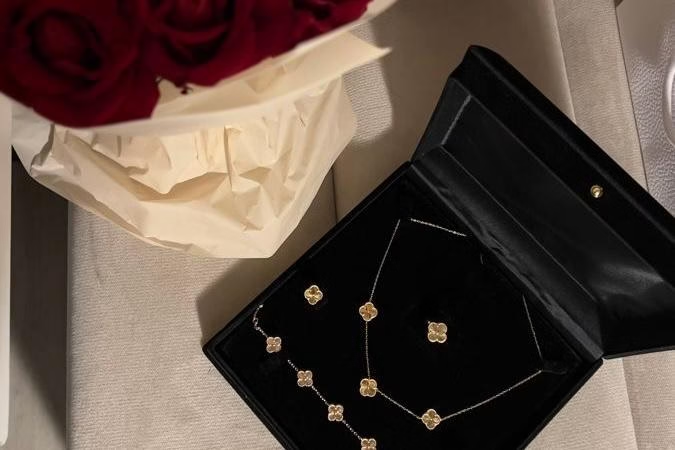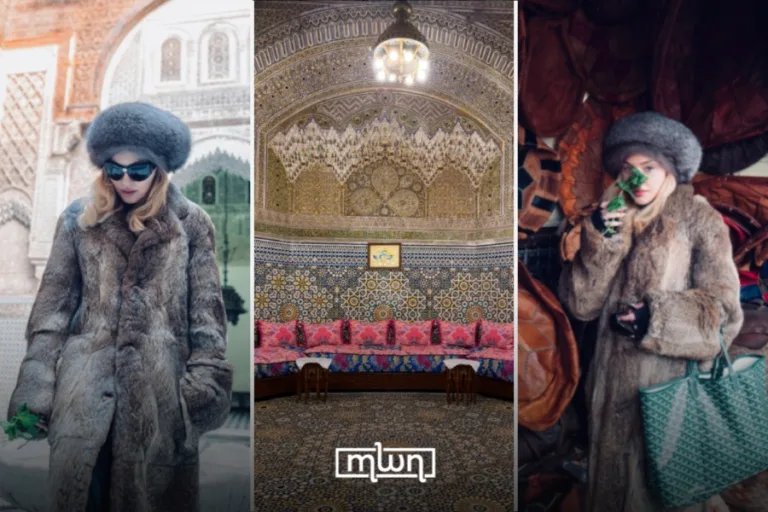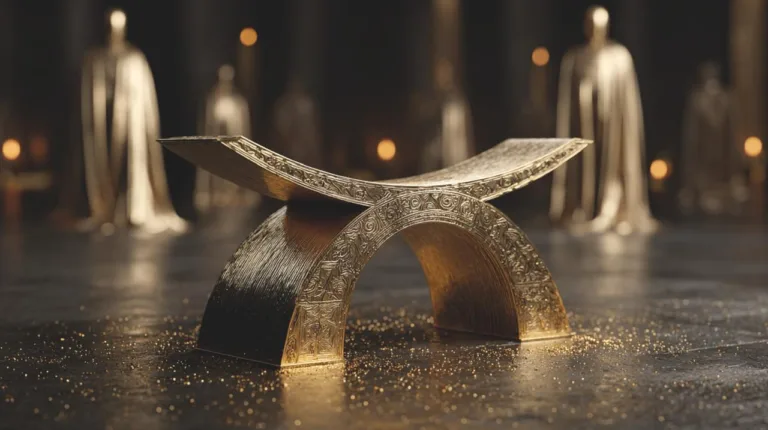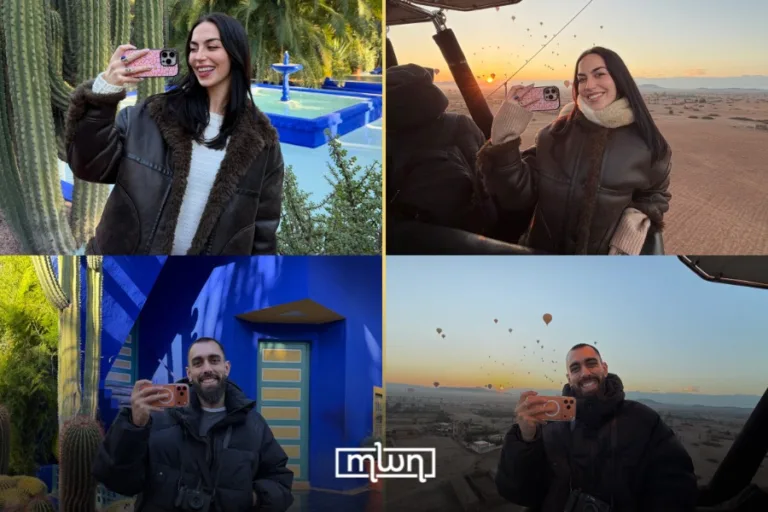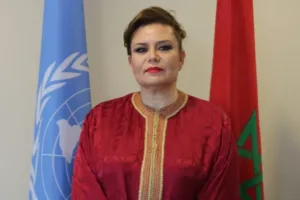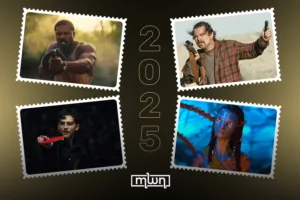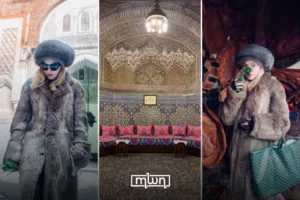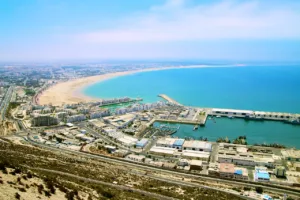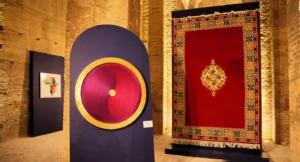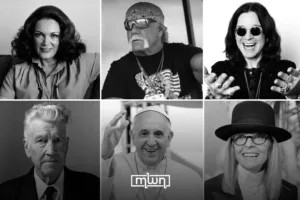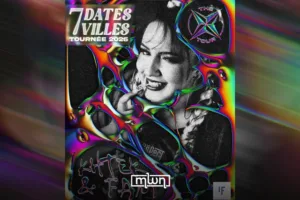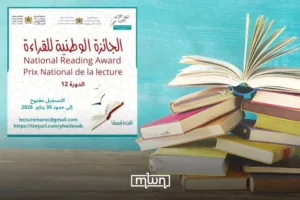Food in Morocco comes with a side of gratitude – a tribute to the hands that prepare it.
Fez – Picture this: You’ve just spent an entire month cooking elaborate meals, making sure your family breaks their fast with the tastiest of dishes.
You’ve planned, prepped, and perfected every meal from sunset to suhoor. And then, Eid arrives, and instead of just a simple “thanks,” your husband hands you a beautiful gift.
That’s “Haqq Al-Melh”; a Moroccan tradition as sweet as chebakia and as heartwarming as a steaming bowl of harira.
“Haqq Al-Melh” translates to “the right of salt,” but don’t be fooled, this isn’t about seasoning.
It’s a deep-rooted Moroccan tradition that celebrates the women who tirelessly prepare meals throughout Ramadan.
As Eid arrives, their husbands give them a token of appreciation, anything from jewelry to cash or even a heartfelt gesture.
It’s not just a gift; it’s a recognition of effort, patience, and, let’s be honest, superhuman kitchen skills.
This practice goes back centuries and is linked to the broader concept of sharing food as a form of social bonding.
Such traditions serve as a cycle of generosity, where giving isn’t just about kindness but also about creating lasting moral and social ties.
At its core, “Haqq Al-Melh” is about respect and appreciation. Ramadan is no joke. Fasting from dawn till dusk, then making sure everyone eats well, all while managing daily life? It’s exhausting.
And while no one’s expecting a grand reward, a little gratitude goes a long way.
But here’s the fun part: this tradition isn’t just Moroccan. Across North Africa, it exists under different names: “Haqq Al-Taam” in Algeria and “At-Takbira” in Tunisia and Libya, but the idea remains the same: When someone feeds you, you acknowledge it in a meaningful way.
Can this tradition survive the fast food era?
Let’s be real: Moroccan society has evolved. Fast food is now an option, and some people barely cook during Ramadan.
Individualism is creeping in, and social bonds aren’t as tight as they once were. But “Haqq Al-Melh” isn’t just about food; it’s about connection, respect, and keeping traditions alive.
You’ll still hear Moroccans say “sharkna at-taam” (we shared food), a phrase that goes beyond its literal meaning.
It symbolizes an unbreakable bond, sometimes even sacred, if a dispute arises, you might hear someone swear “By the food we shared!”. That’s how deep it runs.
So, whether you’re receiving “Haqq Al-Melh” or giving it, know this: it’s more than just a tradition; it’s an unspoken promise that in Morocco, food is more than food; it’s a language of love, loyalty, and lifelong ties.
Read also: Making the Most of the Last Days of Ramadan

